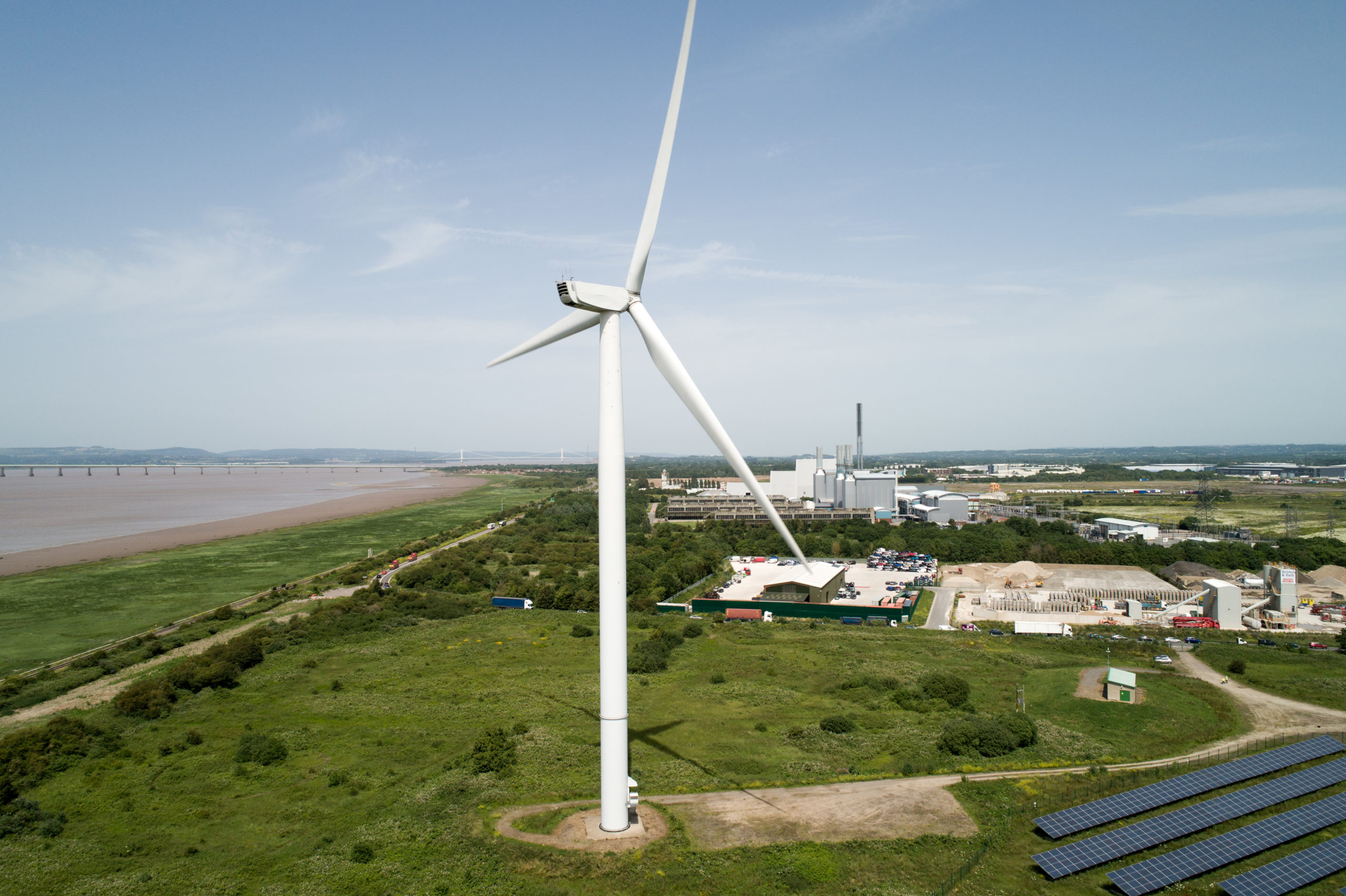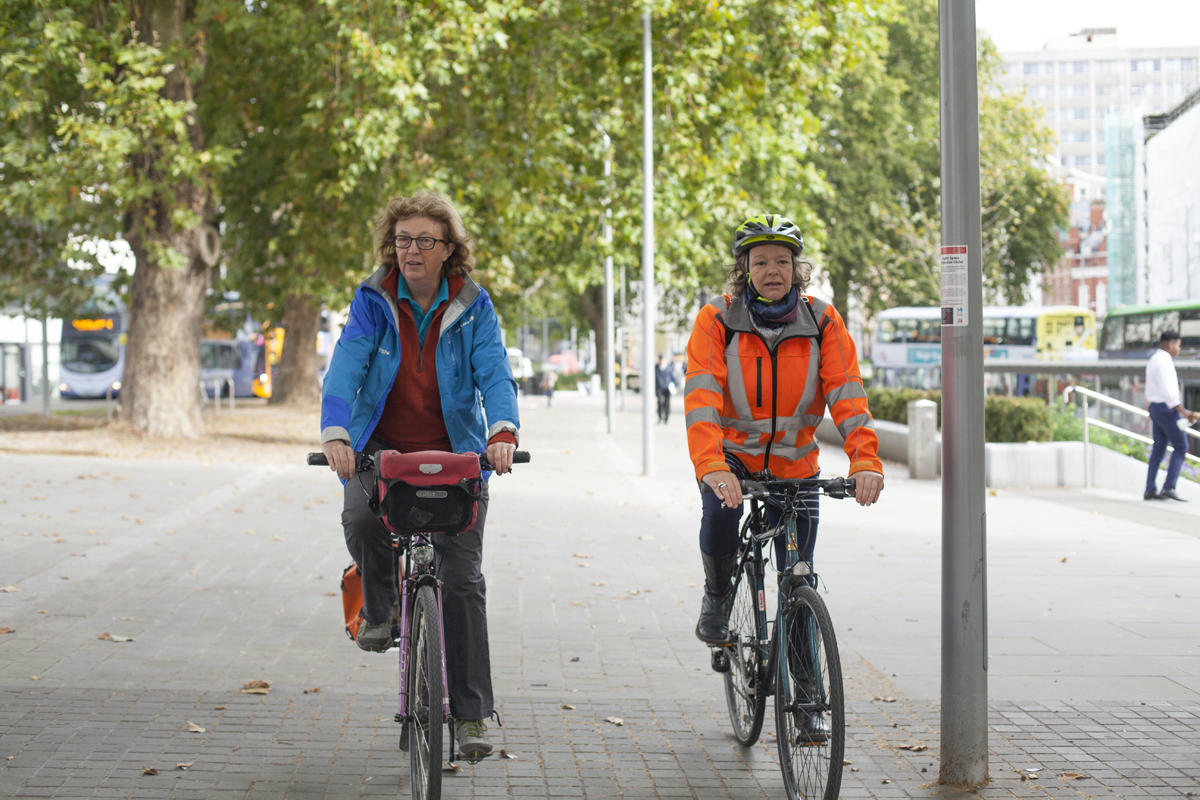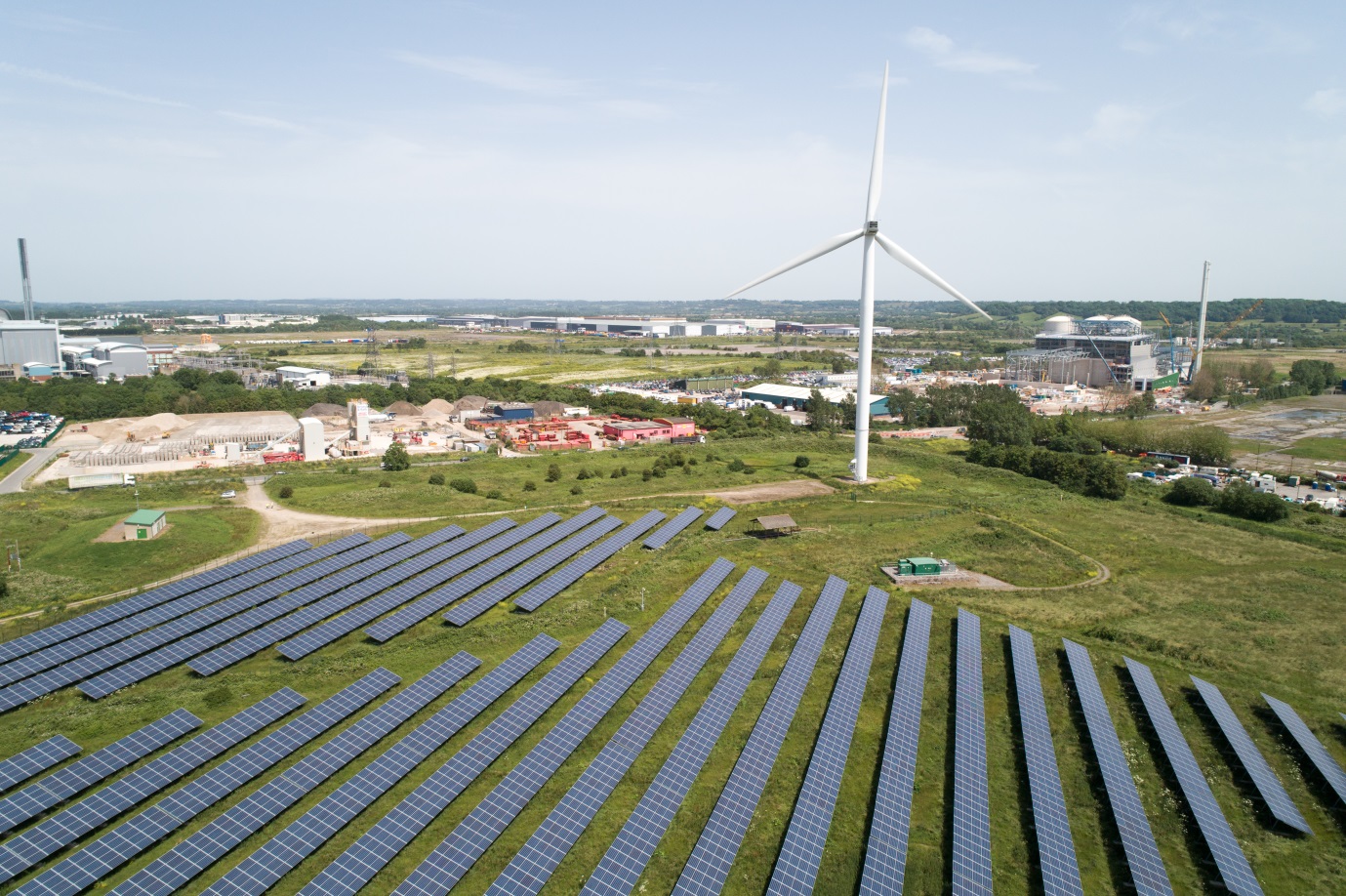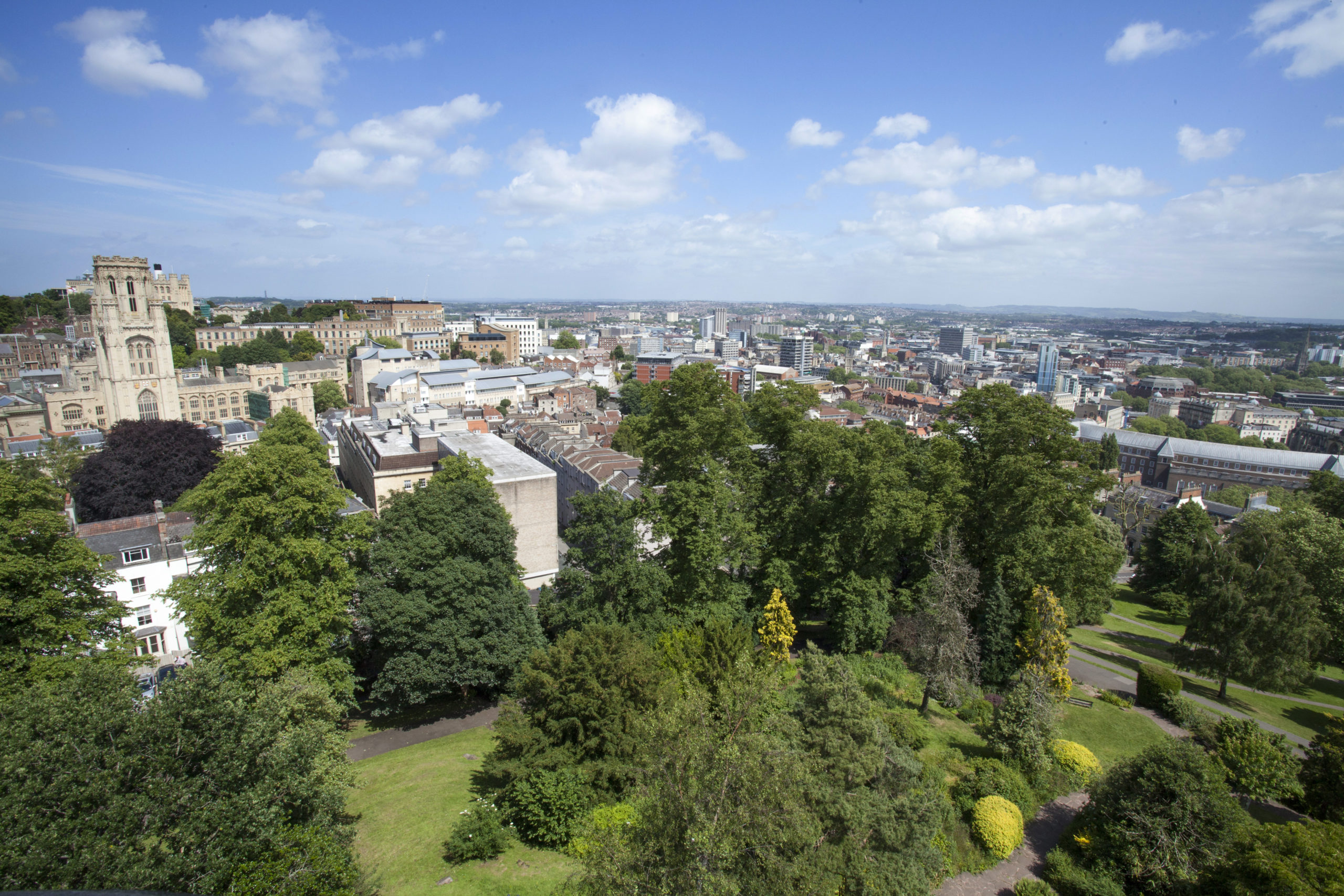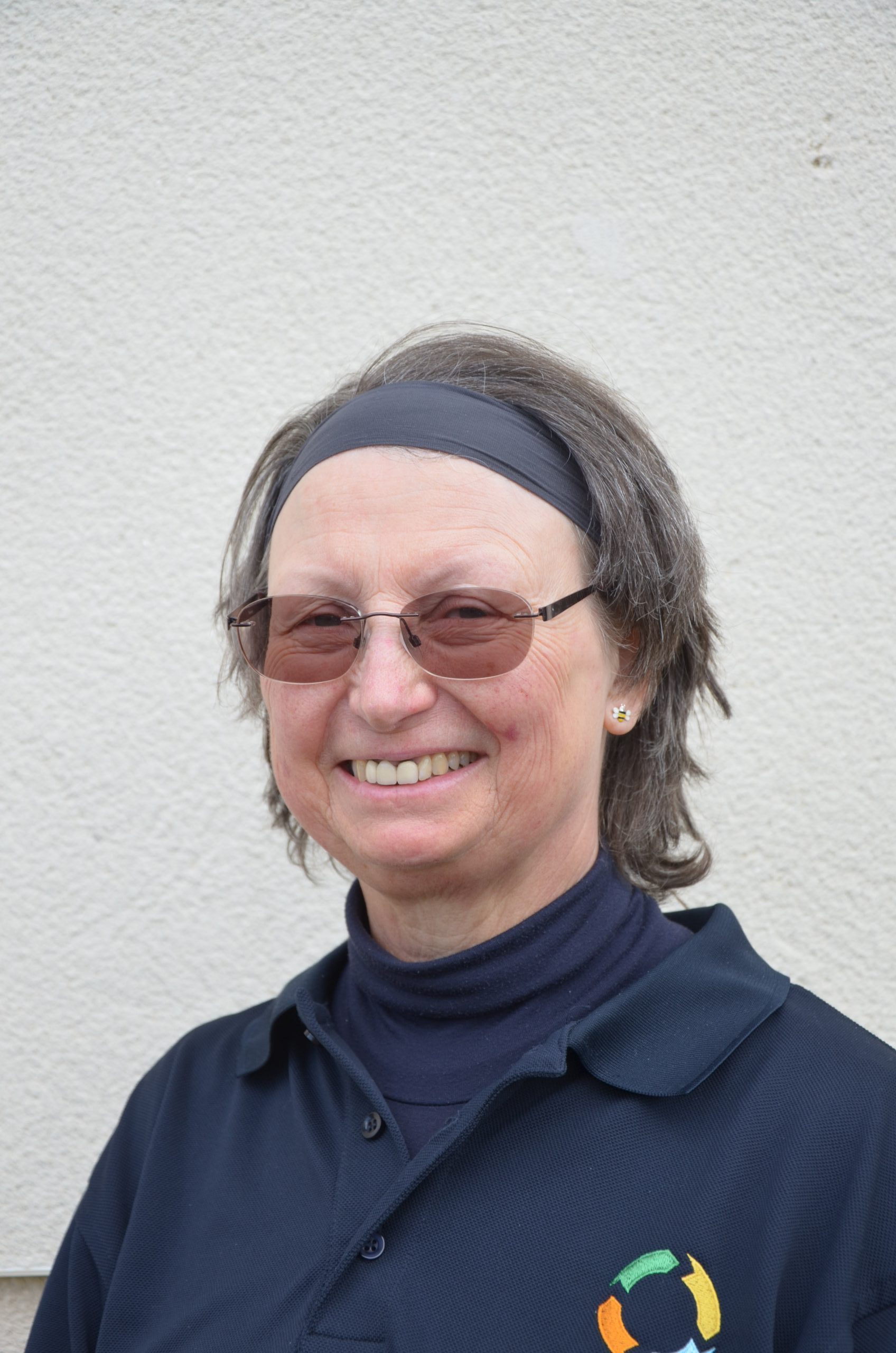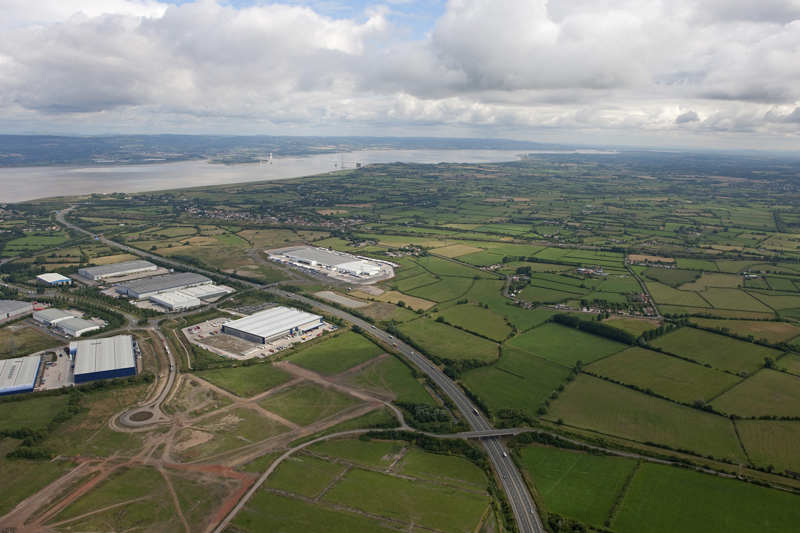Overview
Bristol is already leading the field in sustainable development, internationally and nationally, and is well-placed for the transition to a low-carbon economy. Home to leading environmental and ethical organisations such as the Soil Association, Triodos Bank and Sustrans, the region benefits from a myriad renewable energy businesses, local authorities and NGOs committed to green infrastructure development, universities developing breakthrough research, and social enterprises delivering first-class working practices.
Awarded European Green Capital in 2015 – the first UK city to be awarded this prestigious title – Bristol has long focused on sustainable practices and protecting the environment. It is the UK’s First Cycling City, will pilot ULEV technologies for buses and commercial car and van fleets, and is home to multiple wind and solar energy generation facilities.
